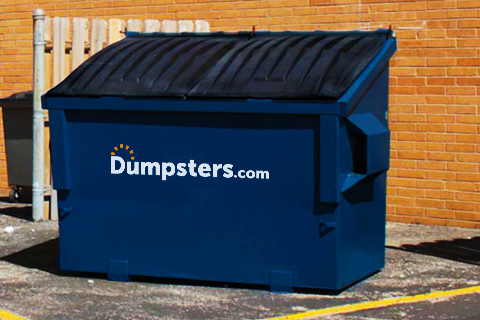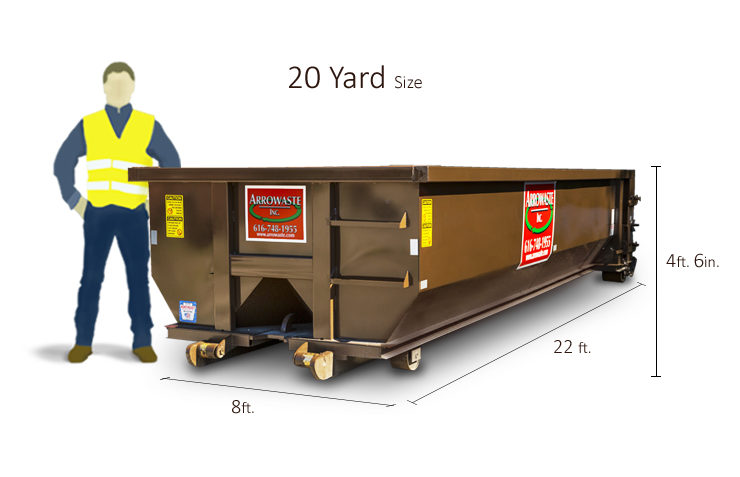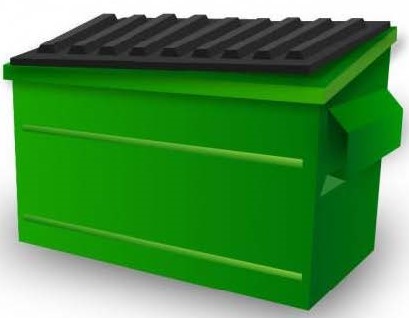Introduction
Home remodelling is an interesting yet complicated endeavor. Whether you're renovating your kitchen area, adding a new area, or just revitalizing the appearance of your home, having a well-structured restoration timeline is crucial. https://squareblogs.net/piedmont-triad-dumpsters/cutting-edge-makes-use-of-for-dumpsters-beyond-garbage-disposal However what lots of house owners overlook is the significance of integrating appropriate waste monitoring into this timeline. "Establishing Your Home Improvement Timeline with Correct Waste Monitoring" isn't practically maintaining your room clean; it's about guaranteeing efficiency, conformity with regional laws, and minimizing ecological influence. This write-up offers a comprehensive overview to assist you browse the intricacies of home restoration while properly managing waste.
1. Recognizing the Scope of Your Home Renovation
1.1 What Does Your Remodelling Entail?
Before diving into timelines and waste administration techniques, it's important to comprehend what your renovation entails. Are you intending cosmetic modifications, structural alterations, or both?
1.2 The Relevance of Planning
Planning is half the battle won. A comprehensive plan assists you prepare for necessary permits, developing codes, and most notably-- waste generation.
2. Setting Up Your Home Improvement Timeline with Proper Waste Management
2.1 Why is Waste Administration Important?
Waste management throughout restorations isn't simply a box to mark off; it's essential to preserving a risk-free work environment and maintaining costs down.
2.2 Secret Considerations in Waste Management
When establishing your timeline, consider variables such as:
- Type of products used (timber, drywall, ceramic tiles) Disposal regulations in your area Recycling options available to you
3. Producing Your Home Restoration Timeline

3.1 Establishing Milestones
Breaking down your job into landmarks can supply clarity and keep you inspired throughout the process.
3.2 Time Allocation for each and every Phase
Dedicate time for:
- Planning Demolition Construction Cleanup and waste disposal
4. Assessing Waste Generation
4.1 Estimating Quantity of Waste
Estimate just how much waste each phase will generate to pick proper disposal methods in advance of time.
4.2 Sorts of Waste Produced During Renovations
Understanding the kinds of waste you'll produce can aid in preparing for its disposal:
- Construction debris Hazardous materials General refuse
5. Selecting the Right Disposal Method
5.1 Junk Elimination Solutions vs Do It Yourself Disposal
Consider whether hiring experts or dealing with disposal yourself makes more feeling for your project.
5.2 Dumpster Rental: A Sensible Option?
Renting a dumpster can simplify waste management significantly but needs cautious preparation pertaining to dimension and rental duration.
6. Local Laws on Waste Disposal

6.1 Recognizing Local Laws
Make certain you're familiar with regional guidelines related to building particles and hazardous materials.
6.2 Licenses and Licenses Required
Certain areas may need certain permits for waste disposal-- guarantee these are acquired before starting your project.
7. Reusing Options for Structure Materials
7.1 What Can Be Recycled?
Identify which products can be recycled to decrease landfill payments:
- Wood Metal Concrete
7.2 Searching for Citizen Recycling Facilities
Research local centers that accept building materials for reusing purposes.
8. Environmental Effect of Poor Waste Management
8.1 The Price to Our Planet
Neglecting proper waste management can result in considerable ecological repercussions such as pollution.
8.2 Sustainable Practices
Adopting sustainable practices not just profits the environment yet also boosts your home's worth long-term.
9. Budgeting for Waste Monitoring Costs
9.1 Hidden Expenses in Renovations
Waste administration should not be an afterthought; include it in your overall restoration budget plan from the start.
9.2 Approximating Overall Costs
Consider all elements like dumpster services, junk elimination solutions, and reusing costs when budgeting.
10. Final Clean-up: Best Practices for Waste Disposal
10.1 Post-Renovation Clean-up Checklist
Ensure you have a checklist prepared for efficiently concluding cleaning post-renovation.
|Job|Standing|| -----------------------|------------|| Dispose of hazardous product|Completed|| Recycle useful products|In Progress|| General cleaning|Pending|
10.2 Handling Leftover Materials
Don't ignore leftover materials that may be beneficial later on-- take into consideration saving them instead of throwing them away!
Frequently Asked Questions (Frequently asked questions)
Q1: How do I approximate just how much waste my improvement will certainly generate? Estimating waste generation includes determining the square footage being restored and using industry averages based upon common materials used.
Q2: Exist any type of eco-friendly disposal options? Yes! Check out recycling facilities that specialize in construction particles or think about contributing functional products to regional charities.

Q3: What must I finish with harmful products like paint? Most locations have specific standards for throwing away hazardous products; contact regional waste management authorities for directions tailored to your location.
Q4: Do I need an authorization for rental dumpsters? This varies by location-- check neighborhood regulations relating to dumpster services before waging renting out one.
Q5: Can I reuse drywall? Yes! Drywall can often be recycled if required to particular centers created for this purpose; however, inspect regional guidelines first.
Q6: How much time should I plan for clean-up after renovations? Normally, designate at the very least one full day dedicated exclusively to cleanup at the end of your task-- but this can differ depending upon the range of renovations undertaken.
Conclusion
Navigating through home restorations while taking care of waste may appear frustrating at first glance, yet with cautious planning and adherence to established timelines, it becomes manageable-- and even fulfilling! Keep in mind that "Setting Up Your Home Restoration Timeline with Proper Waste Management", not just helps keep an organized workspace but makes sure that you're making responsible options that profit both you and the environment lasting.
By understanding every facet-- from estimating waste manufacturing and selecting correct disposal approaches-- to following neighborhood policies, you'll set yourself up not simply for a successful restoration but likewise add favorably toward sustainable living methods in your community.